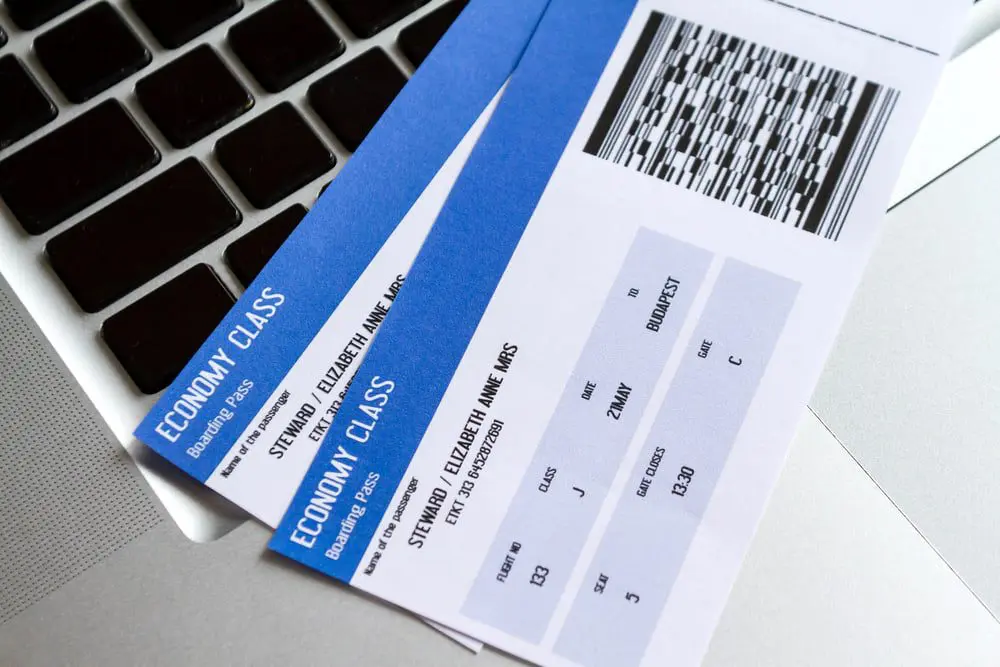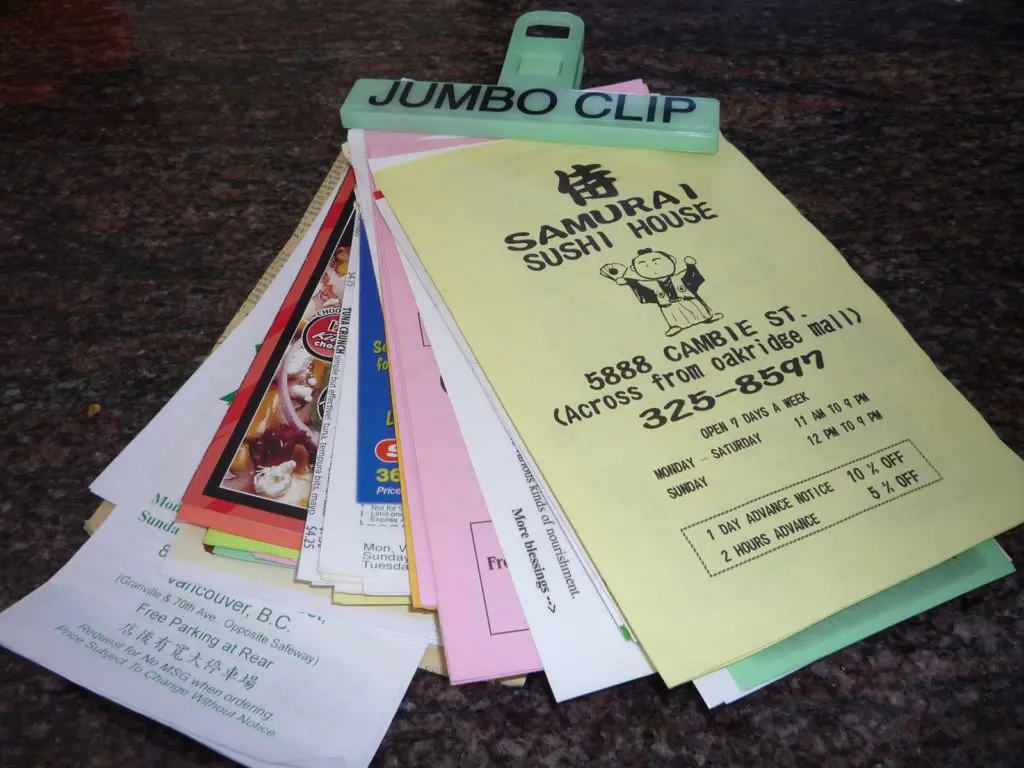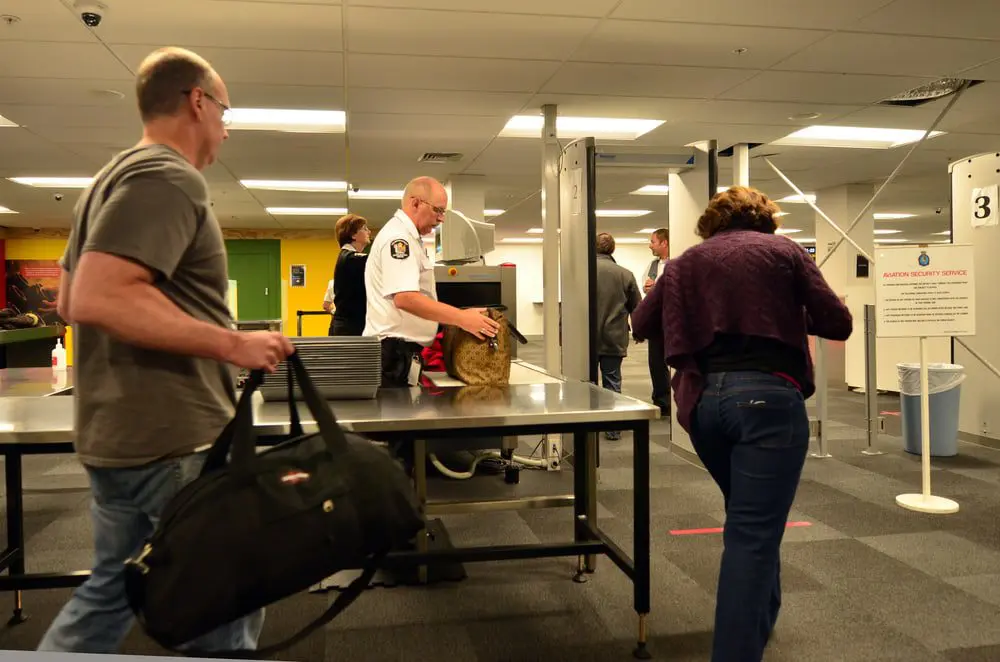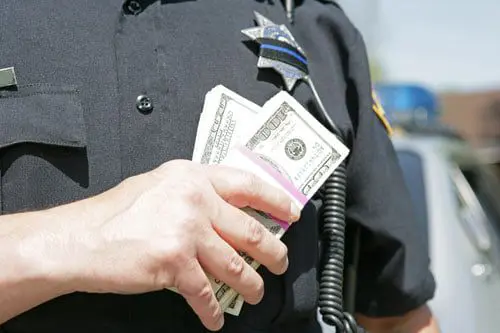Don’t be a victim of a scam whilst overseas. Scammers see travellers as easy targets – relaxed and with money to burn. Here are 7 scams to watch out for and how to avoid them.
We all believe we’re pretty street smart, especially when it comes to travelling – but scammers are drawn to people on holidays with money to burn, no local knowledge and all their valuables near by. Let’s face it, as travellers we’re prime targets. Be prepared and on your guard, here are the top 10 scams to avoid while travelling.
1. Worthless gemstones
 The scam: You’re on holidays in South East Asia and you love how cheap everything is. You get led into a store and the manager tells you they’re usually a wholesale business that doesn’t sell to tourists but they’re closing down so he’ll sell them to you for cheap. You get home and find out they’re all worthless.
The scam: You’re on holidays in South East Asia and you love how cheap everything is. You get led into a store and the manager tells you they’re usually a wholesale business that doesn’t sell to tourists but they’re closing down so he’ll sell them to you for cheap. You get home and find out they’re all worthless.
Avoid it: Do your research, and if it’s too good to be true – it usually is.
2. Fake wake up call
 The scam: your phone rings in the middle of the night, it’s someone from the front desk – they tell you that the internal computer system has crashed and that they need your credit card information again. You just want to go back to sleep, so you give them the info and go back to sleep, only to wake up and find that your bank account is empty. HINT: It wasn’t the front desk but a scammer giving you a call.
The scam: your phone rings in the middle of the night, it’s someone from the front desk – they tell you that the internal computer system has crashed and that they need your credit card information again. You just want to go back to sleep, so you give them the info and go back to sleep, only to wake up and find that your bank account is empty. HINT: It wasn’t the front desk but a scammer giving you a call.
Avoid it: Never give out your credit card information over the phone, hotels won’t disturb their guests in the middle of the night for their own errors. If you receive this call, tell hotel staff and police immediately.
3. Airline tickets refund ruse
 The scam: You can’t believe it – someone on Gumtree is selling super cheap tickets to your dream destination. You call them, meet up, and pay cash. Unbeknownst to you, they’re refundable tickets and the seller has called in, cancelled the tickets and got their money back. Now they have your cash and the money they originally paid for the tickets.
The scam: You can’t believe it – someone on Gumtree is selling super cheap tickets to your dream destination. You call them, meet up, and pay cash. Unbeknownst to you, they’re refundable tickets and the seller has called in, cancelled the tickets and got their money back. Now they have your cash and the money they originally paid for the tickets.
Avoid it: Always use a travel agent of course 😉
4. Fake take-away menus
 The scam: Someone slipped some menus under your door, you don’t really pay much notice to it. You go out, have a few too many and then get back to your hotel room hungry. That take-away menu is sounding good right now. You call them up, they ask for your card details. Your food never arrives. The other person on the other end now has your card details and emptying your account.
The scam: Someone slipped some menus under your door, you don’t really pay much notice to it. You go out, have a few too many and then get back to your hotel room hungry. That take-away menu is sounding good right now. You call them up, they ask for your card details. Your food never arrives. The other person on the other end now has your card details and emptying your account.
Avoid it: Eat in local restaurants or avail some room service.
5. Airport security
 The scam: As you’re about to go through the security gates, someone cuts in front of you and sets the alarm off, pretending that they “forgot” to empty their pockets. During this kafuffle, their accomplice has taken your valuables from the conveyor belt.
The scam: As you’re about to go through the security gates, someone cuts in front of you and sets the alarm off, pretending that they “forgot” to empty their pockets. During this kafuffle, their accomplice has taken your valuables from the conveyor belt.
Avoid it: Keep your belongings with you until just before you walk through security and keep an eye on them as they go through the machine.
6. Injured Beggars
 The scam: You’re walking around in India and see a small boy, no older than 8 with a broken arm pleading for some money. You are overcome with sympathy and hand over some cash. Unfortunately, gangs who put these children in “good begging locations” often injure children to get a greater donation.
The scam: You’re walking around in India and see a small boy, no older than 8 with a broken arm pleading for some money. You are overcome with sympathy and hand over some cash. Unfortunately, gangs who put these children in “good begging locations” often injure children to get a greater donation.
Avoid it: Give the children food instead of money.
7. Corrupt Policeman
 The scam: Driving in Mexico, you get pulled over by the police. You’re sure you weren’t speeding or breaking any laws. The policeman tells you that you failed to stop at a stop sign. He demands a ‘quick fine’, an on the spot fine.
The scam: Driving in Mexico, you get pulled over by the police. You’re sure you weren’t speeding or breaking any laws. The policeman tells you that you failed to stop at a stop sign. He demands a ‘quick fine’, an on the spot fine.
Avoid it: Keep your temper or try to talk your way out of the situation. Sometimes if you really can’t get away, you can bargain them down. NOTE: Some countries, like France have legal on-the-spot fines that police can issue.





